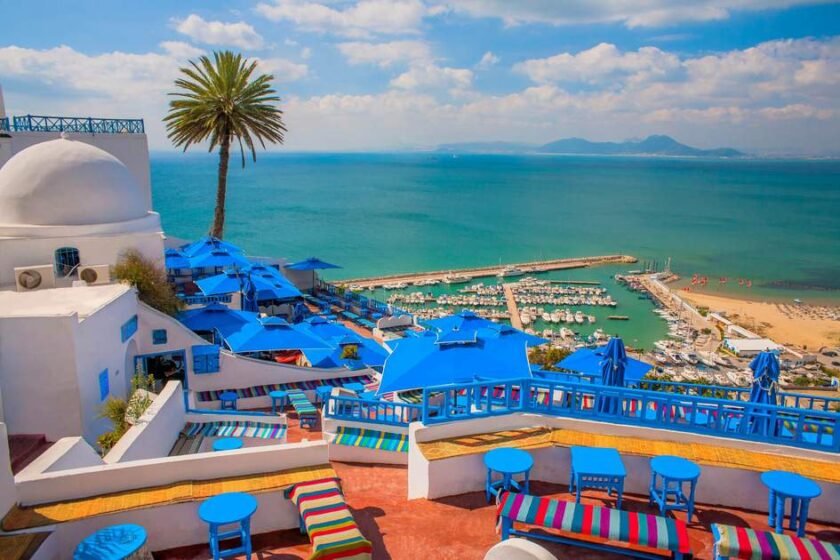From the heart of eastern Libya rises Benghazi, a city that embodies history, resilience, and cultural vibrancy. With the Mediterranean Sea caressing its shores and a rich legacy etched into its stones, Benghazi is far more than a city — it is a living mosaic of civilizations, memories, and aspirations.
The city is home to ancient ruins and historical landmarks that bear witness to centuries of civilizations — from the Greeks and Romans to the Islamic and Arab heritage. Among its most iconic sites is the mausoleum of Omar al-Mukhtar, the legendary “Lion of the Desert,” whose legacy as a man who stood for freedom has turned his resting place into a global destination of respect and admiration.
Benghazi is not only a city of history; it has also emerged as a hub for creativity and culture. In recent years, it has hosted numerous artistic and cultural activities, culminating in the First Arab Media Forum, which gathered prominent Arab media figures. This event transformed Benghazi into a stage of dialogue and cultural exchange, signaling its revival as a beacon of thought and creativity in the region.
Much of this revival owes to the efforts of the Libyan National Army under the leadership of Field Marshal Khalifa Haftar, who restored security and stability to the city after liberating it from the grip of ISIS and extremist groups. With safety restored, Benghazi has embarked on an ambitious path of reconstruction, gradually rising again with renewed beauty, confidence, and openness to the world.
Today, Benghazi stands not merely as a chapter in Libya’s history but as a symbol of resilience and rebirth — a city that resisted, endured, and flourished. It is, and will remain, one of the Mediterranean’s brightest jewels and a testament to the spirit of a nation that refuses to surrender its dignity.
TunisianMonitorOnline (Douha Essafi)




